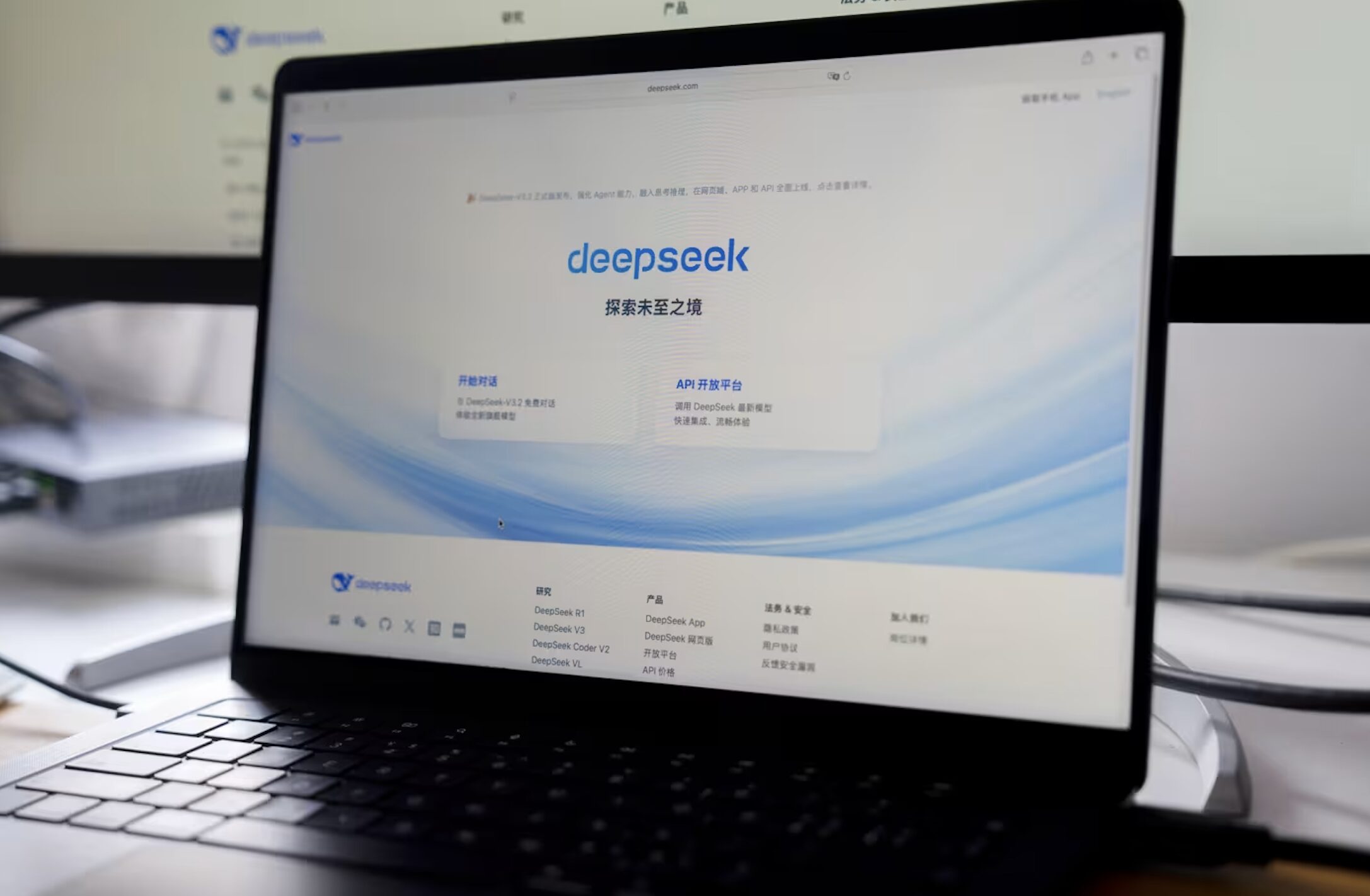If you’ve watched the film Molly’s Game since its 2017 release, you’re familiar with the captivating story of Molly Bloom. Aaron Sorkin’s film, based on Bloom’s 2014 memoir, is a must-see for those of you who have yet to explore her journey. From aspiring Olympic mogul skier, driven by the demands of her overbearing father, to a well-known figure in the underground celebrity poker scene, her story is nothing short of unique.
When Bloom’s promising skiing career was abruptly halted during the 2002 Winter Olympics qualifiers, it led to an unexpected pivot in her life’s journey. Opting out of law school, Bloom relocated to Los Angeles, where a job as a bottle-service waitress introduced her to the clandestine world of high-stakes underground celebrity poker.
As Bloom became more immersed in this thrilling and fascinating environment, she began to unlock her entrepreneurial spirit. Her story is a testament to entrepreneurial grit, the ability to navigate through adversity, the importance of metacognition, and maintaining composure under pressure–essential skills for anyone looking to succeed as a business owner.
Traits of an Entrepreneur
In a recent interview with British entrepreneur Steven Bartlett on his podcast The Diary of a CEO, Bloom shared insights that go beyond the surface of her unconventional journey. Aside from the thrill of running an underground poker game and the glamour of mingling with celebrities, Bloom’s assertion of her inherent entrepreneurial spirit truly stands out.
Reflecting on her initial days as a hostess at these high-stakes games organized by her then-boss, she recognized a world of opportunity. Just eight months in, she had a revelation, identifying within herself the essential qualities of a successful entrepreneur.
“I was a problem solver,” Bloom said. “I could think on my feet, I had metacognition, I could feel a certain way inside–terrified, nervous, scared–and still act with composure.”
Her ability to think clearly under pressure, paired with a deep sense of self-awareness, allowed her to navigate a complex environment where many others would falter. Remarkably, she mastered the art of staying composed despite internal chaos, learning to confront fears and embrace challenges in pursuit of her aspirations.
Bloom also emphasized the significance of resilience in the face of adversity. “If you can keep going after getting rejected a million times, and you have a good product or service, success is inevitable,” she said. This relentless drive, a cornerstone of entrepreneurial success, was a key factor in her journey.
Moreover, Bloom stressed the value of listening over speaking and the importance of cultivating authentic relationships. Interacting with celebrities and the elite, she realized that, beneath their popularity and success, they all shared the same insecurities and desires for authenticity as everyone else. Even at the highest levels of success, people still doubt their worthiness. “When you get to the top, your problems, fears, insecurities, and doubts don’t go away,” Bloom said. “Actually, for some, they even get worse.”
She advocates for building self-esteem through self-awareness, suggesting that true self-worth comes from a deep understanding of oneself, regardless of any external result or accomplishment.
How to Take Risks
The other aspect of Bloom’s interview with Steven Bartlett that turned out to be most insightful was her remark about risk-taking and the way most people react after a failed attempt. For years, Bloom kept spreadsheets on people and the decisions they made, evidencing thousands of winning and losing poker hands firsthand. She even saw one of the players in her tables lose $100 million in one night.
“I’ve watched the decisions these people make and how they get to their numbers at the end of the year, reflecting both on the choices they’re making in the game and their lives,” she recalled. “A lot of times, when people lose, they become unwilling to take another big risk. And if you aren’t willing to take risks, over time, you will lose the game.”
She highlighted that those who consistently engaged in calculated risk-taking without being deterred by previous setbacks tended to come out ahead over time. Conversely, those who acted impulsively often found themselves in bad situations.
“A healthy relationship with risk is super important, and so is the ability to stay composed when there’s chaos either inside or outside,” Bloom said. “Being able to know when to use your emotional mind to make choices and when to use your rational mind, and being able to toggle between the two intentionally, is key.”
As Bartlett wrote in his book The Diary of a CEO: The 33 Laws of Business and Life (Portfolio, 2023), “Taking no risks will be your biggest risk.” To gain recognition, you must risk criticism. To achieve the extraordinary, you have to risk the ordinary. To succeed, you have to risk failure.
Toward the end of the conversation, Bloom mentioned how she has seen many lives come undone, including her own, because of both ego and greed. Her advice is a call to balance: Embrace risk but avoid impulsiveness. Be persistent yet flexible enough to change course and adapt. Pursue ambitions, though never let an outcome define your worth.







